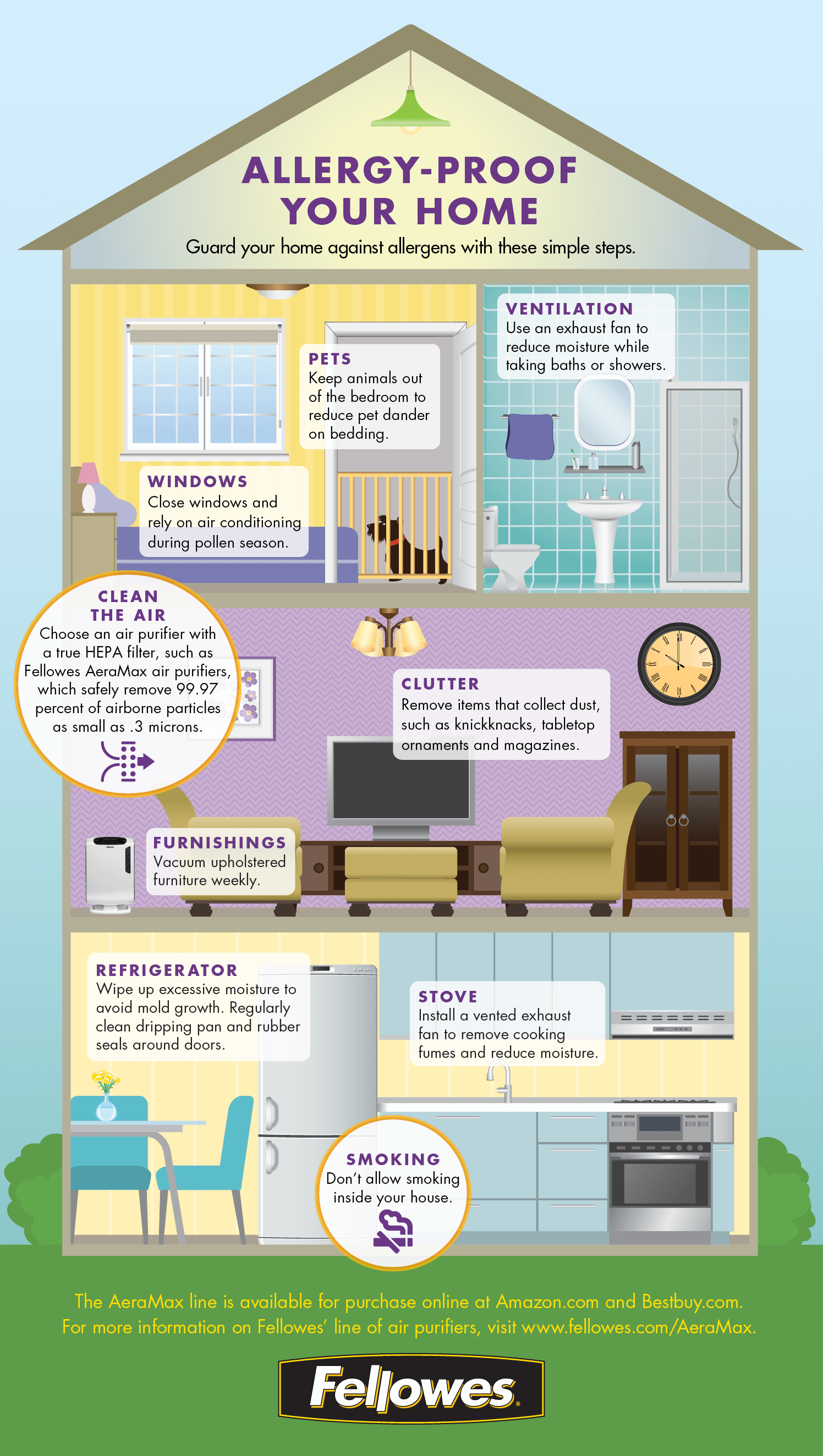Usual Mistakes To Prevent During Heatpump Installation
Usual Mistakes To Prevent During Heatpump Installation
Blog Article
https://www.koaa.com/news/covering-colorado/replacing-repairing-air-conditioners-could-be-tough-this-summer-due-to-hvac-parts-technician-shortage -Ware Gillespie
When mounting a heatpump, you need to avoid common mistakes that can endanger its efficiency. Ignoring proper sizing might bring about inadequacies and higher energy costs. Neglecting insulation and sealing could cause energy wastage and pressure on the device. Moreover, https://average-cost-to-install-c54310.dm-blog.com/30594893/are-you-looking-to-discover-the-excellent-heat-pump-for-your-home-check-out-the-subtle-differences-between-air-resource-and-ground-source-systems-to-meet-your-home-heating-requirements may influence its performance. By preventing these errors, you can make certain optimum operating and durability of your heatpump system.
Improper Sizing of Heat Pump
When it involves the installation of heat pumps, among the most common errors is poorly sizing the system for your space. Making sure the ideal size is essential for optimum performance. If the heat pump is also small, it will have a hard time to warm or cool your room successfully, bring about enhanced power bills and prospective wear and tear on the system.
On the other hand, if the heatpump is also big, it will cycle on and off frequently, creating temperature level changes and minimizing its life-span.
To prevent this mistake, it's necessary to have a specialist analyze your area and suggest the suitable dimension of the heatpump based upon elements like square footage, insulation, ceiling elevation, and neighborhood environment. By investing the moment and initiative to make sure the proper sizing, you can delight in a comfy setting while making the most of power effectiveness and lengthening the life expectancy of your heat pump.
Inadequate Insulation and Sealing
To make certain the reliable operation of your heat pump, it's vital to attend to poor insulation and securing in your room. Correct insulation helps maintain a constant temperature level inside your home, decreasing the workload on your heat pump. Inadequate insulation can cause energy loss, making your heat pump work harder and less successfully.
Securing any spaces or leaks in your area is equally crucial. These gaps enable conditioned air to get away and outdoor air to leak in, forcing your heatpump to compensate for the temperature level changes.
Wrong Placement of Outdoor Unit
Attending to the placement of your heat pump's exterior unit is essential to optimizing its efficiency. Mounting the outside unit in a wrong place can lead to performance problems and potential damages to the system.
One usual blunder to prevent is positioning the outdoor unit too near to a wall surface or other frameworks. This can limit air flow, triggering the system to function more challenging to warmth or cool your room, eventually decreasing its performance and life-span.
One more mistake to avoid is placing the exterior unit in direct sunshine. While some sunshine is unavoidable, excessive direct exposure can bring about getting too hot, particularly during hot summertime days. It's best to position the outdoor system in a shaded area to help keep its ideal operating temperature.
In addition, make certain that the exterior device is placed on a secure and level surface. Irregular ground can create vibrations and unneeded pressure on the unit, affecting its efficiency with time.
Verdict
To conclude, preventing typical blunders during heat pump installation is vital for making the most of performance and longevity of your system. By making certain appropriate sizing, appropriate insulation, securing, and proper positioning of the outside system, you can protect against issues such as ineffectiveness, enhanced power expenses, and stress on the device. Taking the time to resolve these vital aspects will ultimately save you time and money over time.
